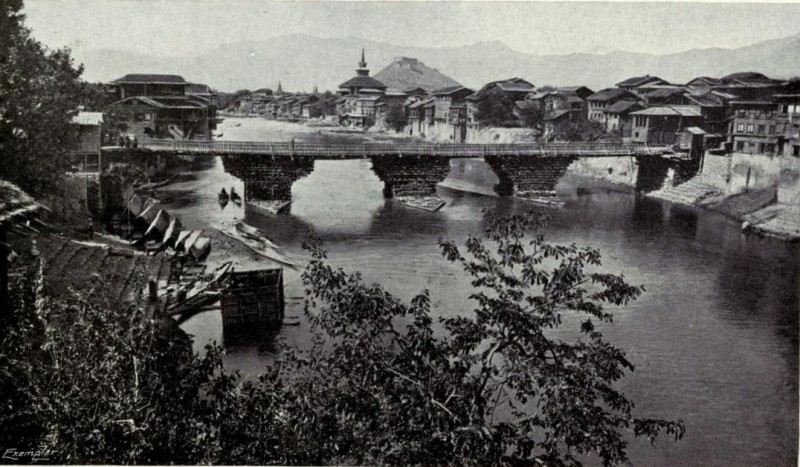
The Kashmir dispute has been one of the most enduring and complex conflicts in South Asia. Its roots can be traced back to the era of British colonialism when the Indian subcontinent was under the British Raj. The impact of British policies, particularly during the partition of India, significantly contributed to the ongoing dispute between India and Pakistan over the region of Kashmir. This article aims to delve into the historical context and examine the role of British colonialism in shaping the Kashmir dispute.
The Historical Context of British Colonialism in India
British colonial rule in India began in the mid-18th century and lasted until 1947. The British East India Company, initially established for trade, gradually expanded its control over Indian territories. Through a policy of divide and rule, the British managed to consolidate their power, exploiting existing religious and regional tensions within the Indian society.
The Partition of India and Kashmir's Predicament
In 1947, the Indian subcontinent gained independence from British rule. The region was divided into two separate nations, India and Pakistan, along religious lines—Hindu-majority India and Muslim-majority Pakistan. The princely states were given the choice to join either of the countries or remain independent. However, the fate of Kashmir, a princely state with a Muslim majority ruled by a Hindu Maharaja, Maharaja Hari Singh, became a major point of contention.
The Instrument of Accession and Controversies
Under mounting pressure from tribal militias supported by Pakistan, Maharaja Hari Singh signed the Instrument of Accession with India in October 1947, ceding control over defense, communications, and foreign affairs. However, this accession has since been a subject of debate and controversy, as Pakistan claims it was not valid, and the people of Kashmir should have had the right to determine their own fate.
The Impact of British Policies on the Kashmir Dispute
The legacy of British colonialism had a profound impact on the Kashmir dispute. The arbitrary drawing of borders during the partition led to the creation of two nations with inherent religious and territorial tensions. The British departure left unresolved territorial issues that became flashpoints for future conflict between India and Pakistan.
The Line of Control and Ongoing Tensions
The partition resulted in the division of Kashmir into Indian-administered Jammu and Kashmir and Pakistan-administered Azad Kashmir. The Line of Control, separating these regions, has witnessed numerous military clashes and armed conflicts between the two countries, adding to the ongoing tension.
International Involvement and UN Resolutions
The Kashmir dispute has not only been a bilateral issue between India and Pakistan but has also attracted international attention. The United Nations has passed several resolutions calling for a plebiscite to determine the future status of Kashmir, but a resolution has remained elusive due to disagreements between the involved parties.
The Humanitarian Cost of the Kashmir Conflict
The prolonged conflict in Kashmir has taken a significant humanitarian toll on the region's population. Human rights abuses, enforced disappearances, and displacement have been reported, leading to a grave human rights crisis.
The Future Prospects for Peace and Resolution
Despite the challenges, there is still hope for peace in Kashmir. Confidence-building measures, increased people-to-people contact, and dialogue between India and Pakistan are essential for finding a lasting resolution to the conflict.
The Kashmir dispute remains a contentious issue with deep historical roots, and British colonial policies during the partition of India have significantly shaped its trajectory. The region's political and territorial complexities have led to enduring tensions between India and Pakistan. To achieve lasting peace, both nations must engage in sincere dialogue and find a mutually acceptable solution that considers the aspirations and well-being of the people of Kashmir.
Govt Action Looms for Twitter after Viral Video of Manipur Women Paraded Naked
Manipur Unrest: CM Urges Thorough Probe into Viral Video's Authenticity
Sonia Gandhi Urges PM Modi for Manipur Discussion in Parliament